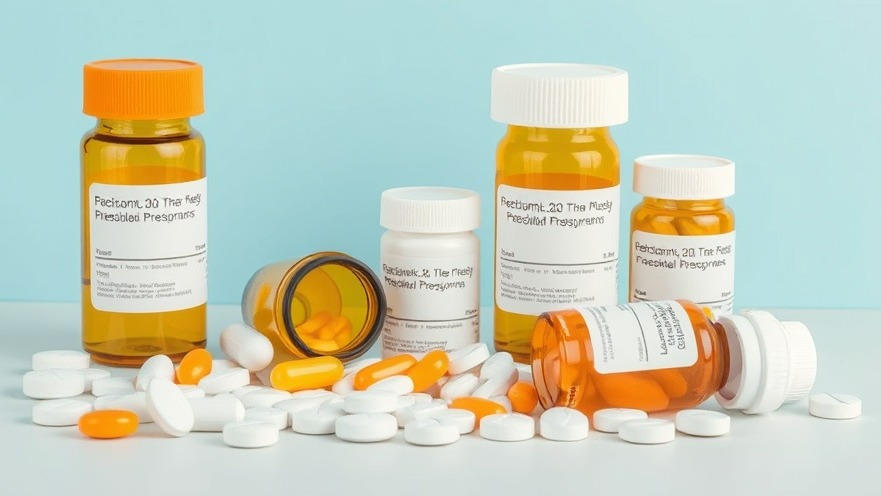
Understanding Your Obligations: Theft and Fraudulent Prescriptions Alert
As a concierge medical practice owner, you're likely keenly aware of the importance of patient care and the associated regulatory obligations that come with prescribing controlled substances. When theft or fraudulent prescriptions occur in your practice, it raises two significant considerations that must be addressed promptly, both from a legal standpoint and for the integrity of your practice.
The Quick Notification Requirement to the DEA
When any theft or fraudulent prescriptions are discovered, the Drug Enforcement Administration (DEA) mandates that providers report this finding within one business day. This time-sensitive obligation is crucial in maintaining compliance and avoiding potential legal ramifications. You'll need to fill out DEA Form 106, which requires comprehensive details about the incident, including significant factors that could affect how this theft is classified.
This categorization involves assessing how much controlled substance is lost and which specific substances are affected. Are there patterns to these losses? Are certain substances more prone to diversion based on local trends? Understanding these nuances helps in crafting a detailed report and takes proactive steps to mitigate further risks.
The Role of Designated Individuals in Reporting
If you are made aware of fraudulent prescriptions issued under your name, it is essential to report these immediately, not just to the DEA, but also to a designated individual within your practice who can take action. This person, often an office manager or someone responsible for managing access to your e-prescription system, plays a critical role in organizing your internal response to such incidents.
The combined effort of notifying the DEA and managing internal communications can streamline the reporting process and enhance your practice's ability to respond to these threats, ensuring patient safety and maintaining your practice’s integrity.
Using PDMPs as a Safeguarding Tool
Your state’s Prescription Drug Monitoring Program (PDMP) can be an invaluable asset in this context. These electronic databases track the prescribing and dispensing of controlled substances at a state level, helping identify patients who might fill prescriptions unusually quickly, which could indicate fraudulent behavior or misuse.
Regularly monitoring PDMP data allows caregivers to spot irregularities in patient medication habits proactively. This power, coupled with the prompt reporting of any suspicious activities, fortifies your practice against the risk of fraud and helps you maintain your standing in the competitive concierge medical practice landscape.
Taking Action: What’s Next?
Your reaction to incidents of theft and fraud not only impacts compliance and legal standing but also influences your patients’ trust and your business's reputation. Maintaining a checklist for proper reporting to the DEA, monitoring for fraudulent prescriptions, and utilizing PDMP resources can help reinforce your practice’s commitment to ethical healthcare.
If you find yourself needing assistance with the complexities of these regulations or would like to understand more about implementing effective safeguards in your practice, consider reaching out for expert guidance. The importance of safeguarding your practice cannot be overstated and ensuring your compliance is paramount in bolstering your standing as a trusted provider in the community.
 Add Row
Add Row  Add
Add 




Write A Comment